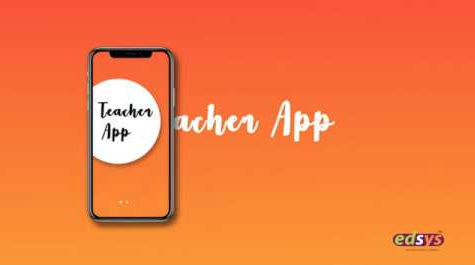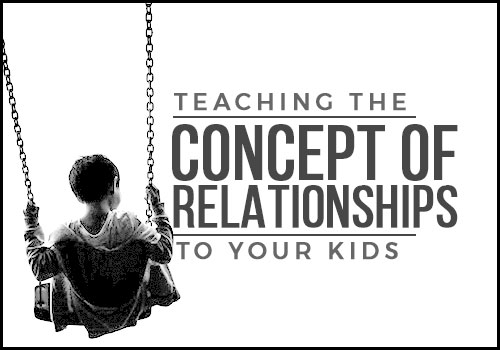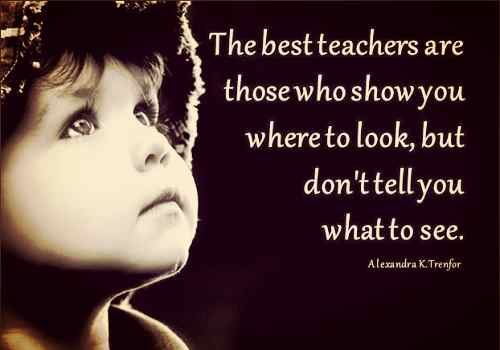Categories(658 Blogs)
Select Category
Watch Right Now
Teacher App - Class
Schedule & Attendance Management App
Parent App from Edsys

Best School Bus Tracking System

Cashless School - For Smart Schools of Tomorrow


Teaching the Concept of Relationships to Your Kids

Building relationships is a fundamental part of every life. As humans, we are more evolved in understanding ourselves and others, which allows us to build relationships at every walk of our lives. But the same emotional maturity makes us fairly complex in terms of building relationships.
The life teaches us about relationships, but it doesn’t have to be a bumpy ride. Or at least, kids should feel ready to face the bumps of emotional growth in their lives.
The concept of relationship can prepare your kids to have healthy relationships as they grow up. Teaching this skill is one of the greatest gifts you can give to your child.
What is the Concept of Relationships?
The concept of relationships revolves around some basic factors:
1. Assertive Communication in Relationships
Communication is important for your kid to convey what he or she feels. At the same time, the child should learn to understand other people’s feelings. Assertive communication is a form where two people stay truthful, respectable, and honest when communicating. Conflicts are always possible, but kids should have an urge to find a balanced ground and understand other people as well.
2. Respect in Relationships
Our behavior towards others decides whether people want to stay around us or don’t. Kids need to learn to respect people, irrespective of the fact that they are young, old, relatives or stranger. Every relationship in life requires mutual respect. This includes the respect of emotions, respect of views and respect of conflicts as well. If kids are not prepared to understand and respect others, they tend to cause unnecessary issues due to self-centered opinions.
3. Balance in Relationships
Another important factor you need to teach is the relationship balance. Few kids create their own distorted meaning of relationships, which can turn into emotional falls.
Asking for too much loyalty from one person is one of the common issues.
Many kids force their friend to play with them only and not with any other friend. At the same time, another kid can feel that they are betraying their friend by playing with other kids in their classroom.
You need to teach kids the balance of relationships. How it is completely healthy to have many friends and share different aspects of life with them.
4. Copying Skills in Relationships
Even close relationships can face a downfall.
Sometimes intentional, sometimes unintentional, people tend to make bad moves.
It is important to prepare kids for those downfalls. Kids need to know how to talk about their feelings and deal with the disappointment without letting any scar appear on their emotional health.
How to Teach your Kids the Concept of Relationships
Now, that you know the concept of relationships, here are a few things you can do to teach this concept to your kids:
1. Spend Uninterrupted Time Together Every Day
Give your kids an opportunity to explore Communication and Relationship Building.
Also Read: 11 Tips for Teachers to Develop Positive Relationship with Parents
You can decide a special playtime when kids decide what to play and how to play.
And you have to be there completely attentive, no matter how stupid that game sounds to you.
No phone calls or leaving kids on their own.
Let them know you are there for them, so they can trust you with what they feel.
2. Encourage Communication and Expressing Feeling
Depending on the age of your kid, you can decide appropriate methods of communication.
For instance, a young kid can draw an angry face whenever he feels angry.
Or, he can toss a pillow.
Choose acceptable ways, so that your kid doesn’t have to suppress his or her emotions. Anger, sorrow, embarrassment, every feeling is important and it should come out.
Only then, kids can learn to understand themselves and understand other’s feelings.
3. Respect Their Feelings
Making fun of kids’ feelings, trying to suppress them and ignoring what they feel is not healthy at all.
Your kid learns to respect his or her feelings and respect other people’s emotional states from you. So, it all starts with how you treat your child’s emotional health.
When you show faith and allow your kid to express without feeling scared, it helps in building emotional health.
4. Allow your Kids to Play with Other Kids
The skill of patience requires some alone time with peers. Kids somehow know you are there to protect them, which keeps the conflicts away.
But when two kids of same age come together, allow them to learn about sharing, taking turns, building friendships, feeling happy in groups and other important skills of relationships.
A fixed time with other kids is a healthy choice to improve relationship building capacities in your kids. You can organize playdates. You can surely be there to assist, but allow kids to resolve minor conflicts on their own. Make sure they are behaving appropriately with other kids. And help them behave correctly if they make a mistake. Tell them politely how their bad behavior can make other kids feel bad. Give them an alternative option, which would make everyone happy.
5. Limit Screen Time to Minimum
Television, video games, mobile phones and other screen times kill various opportunities of building relationship skills in kids.
Long screen time stops kids from playing with other kids or interacting with people in the real world.
There has to be an active time when kids can actually test their skills and learn from them.
Relationship building exercises are about real experiences. And for that, the screen time has to go down.
Are You Ready?
Now that you have a comprehensive knowledge of how the concept of relationships works, teach this to your kids.
You can use the given tips to effectively allow your kids to communicate, respect and have a balanced relationship at every age.
Your kids need you the most to grow their emotional health!
Also Read: Smart Classroom Management Strategies to Build Relationships
Recent Blogs
Our Educational Services
Popular Blogs
Subscribe

SUBSCRIBE TO OUR NEWSLETTER
Sign Up and Recieve the Latest News
Don’t Worry, We Don’t SpamExplore Our Extensive Researched Educational App Directory
Visit Now
















